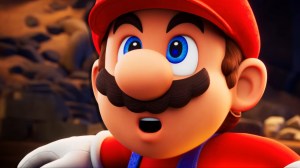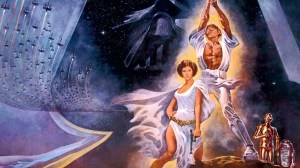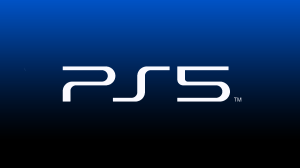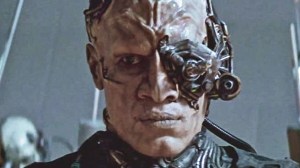Neon Genesis Evangelion is one of the most powerful, unique examples of an anime ever produced that pushed boundaries in storytelling and artistry when it was released. Since its debut in 1997, the series has gone on to win a multitude of awards, including the Animation Kobe Award in 1996 and 1997, the Nihon SF Taisho Award, and the 1997 Excellence Award at the first-ever Japan Media Arts Festival. The franchise has had a massive influence on Japanese pop culture and still manages to pull in new fans decades after its initial release.
Videos by ComicBook.com
Now, the series is making waves yet again and smashing even more records, although, they may not be what some fans would expect. One of the most memorable parts of the original Evangelion anime series is its undeniably catchy opening song, “The Cruel Angel’s Thesis” by Yoko Takahashi. The song is a staple in the anime community, and even those who are somehow unfamiliar with Evangelion could probably recognize it from the first verse.
The iconic opening theme recently reached a major milestone, amassing over 100 million views on YouTube. The song was originally released under King Records’ Star Child label in 1995 on Yoko Takahashi’s 11th CD single. The original opening animation is iconic for its flashy visuals, catchy beat, and how masterfully it built hype around the series.
[RELATED: Evangelion: Film Site Letterboxd Sparks Backlash Over Controversial Anime Ban [Updated]]
Neon Genesis Evangelion Is a Once-In-a-Lifetime Masterpiece
Neon Genesis Evangelion is one of the major reasons that anime has been able to become what it is today. Using its deep psychological themes, rich character-driven storytelling, and high-powered mech action, the series contributed to a cultural shift in the way that anime is viewed in Japan. Hideaki Anno’s original series has had a massive influence on other anime from subsequent decades, including influential works like Serial Experiments Lain, Boogiepop Phantom, and Revolutionary Girl Utena. Eventually, even modern anime and manga like Jujutsu Kaisen drew inspiration from the series.
Many of Neon Genesis Evangelion‘s characters have gone on to create tropes all their own, with figures like Rei Ayanami being used as direct inspiration for characters like Yuki Nagato from The Disappearance of Haruhi Suzumiya. Rei and Evangelion have even shown their presence in live-action, with Pacific Rim’s Mako Mori sporting an uncannily similar appearance. Characters like Kaworu and Asuka had a similar impact, with Asuka defining many of the characteristics found in the tsundere archetype and Kaworu being the reference used by Sakae Esuno when creating Aru Akise in Future Diary.

H/T Crunchyroll








